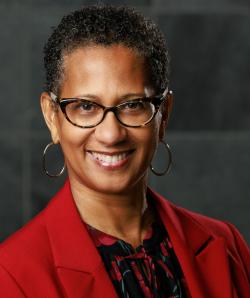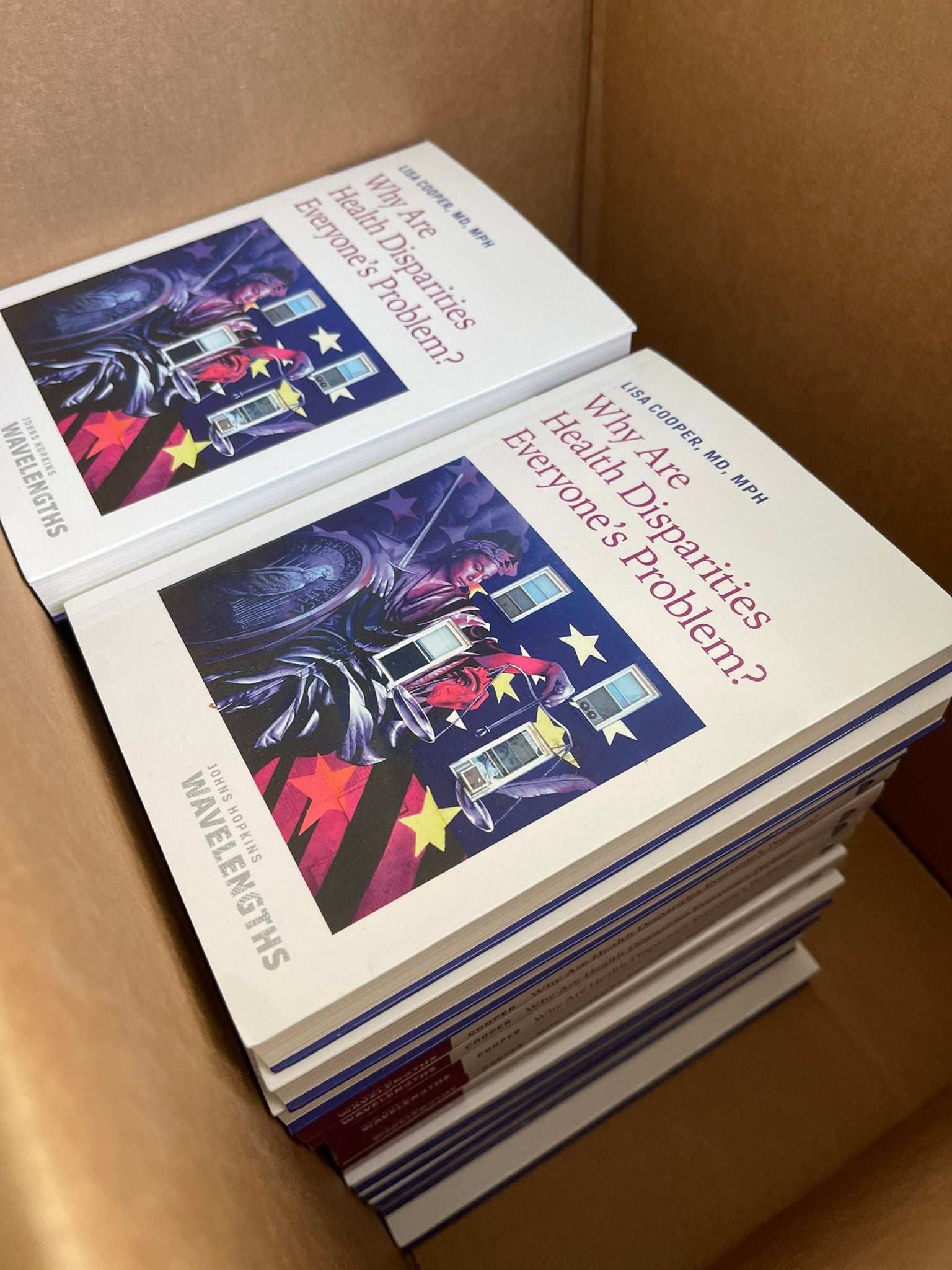Case Comprehensive Cancer Center’s Director of Community Engagement, Kristina Austin, Shares Evolution of the Symposium and Potential for Impact
This article is a CTSC Special Feature.
The Case Comprehensive Cancer Center (CCCC) Cancer Disparities Symposium (the “Symposium”) will turn seven years old this year. The brainchild of Dr. Monica Webb Hooper, current Deputy Director of the National Institute on Minority and Health Disparities, and former Director of Health Disparities Research at the CCCC, the Symposium was designed to bring clinicians, researchers, and partners together to learn about what was happening in cancer disparities research and how we should address those disparities.
“Dr. Webb Hooper invited people from the community to help plan the Symposium and I was a part of the planning committee as a representative from The Gathering Place,” said Kristina Austin, Director of Community Engagement for the CCCC.
Austin explained that it has always been a goal of the Symposium to have a diverse group of people at the table. One group they’re excited about sharing space with this year is high school students from Dr. Faye Gary’s Provost Scholars program.
“We worked with Dr. Gary to connect Provost Scholars with the University and help get them engaged in science and research. The Symposium gives them the opportunity to view keynote presentations by scholars and have group discussions with presenters. Students always ask, ‘How can I help address disparities?’” Austin said.
Students will attend the Symposium in person this year and have an opportunity to hear the keynote speaker, and participate in a private Q&A session as well as the common reading discussion.
“The text Why Are Health Disparities Everyone’s Problem? by Lisa Cooper, MD, MPH, is the common reading that we’re using this year. We came across this book through the Clinical and Translational Science Collaborative’s (CTSC) Mission: Health Equity Challenge Series book discussion,” Austin shared.
On Friday, March 3, Austin explained that attendees can look forward to a special conversation using appreciative inquiry to talk about the issue of equity (in alignment with the theme “Equity In Action: Intercepting Cancer Disparities Through Research and Community Initiatives”) and how we collaborate. She hopes that people will continue to follow up with each other to maintain connection with individuals who can serve as potential research collaborators.
If you’re interested in attending the Symposium, registration is open and available online.



